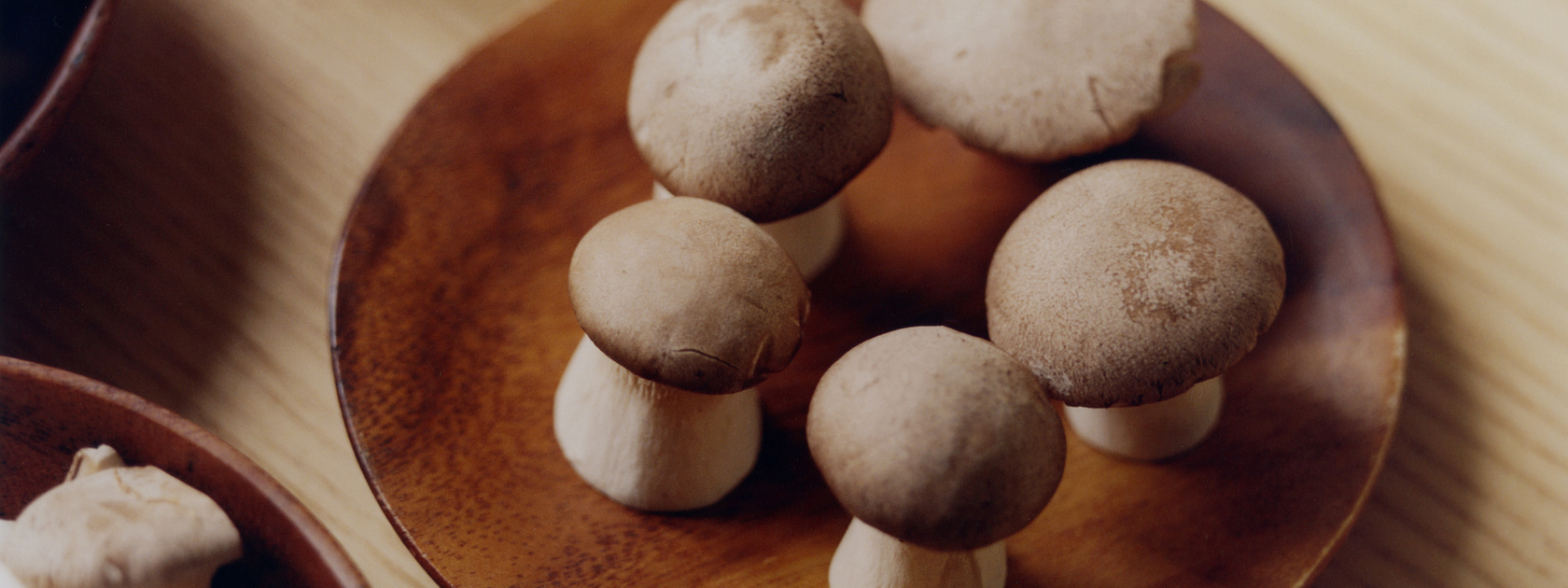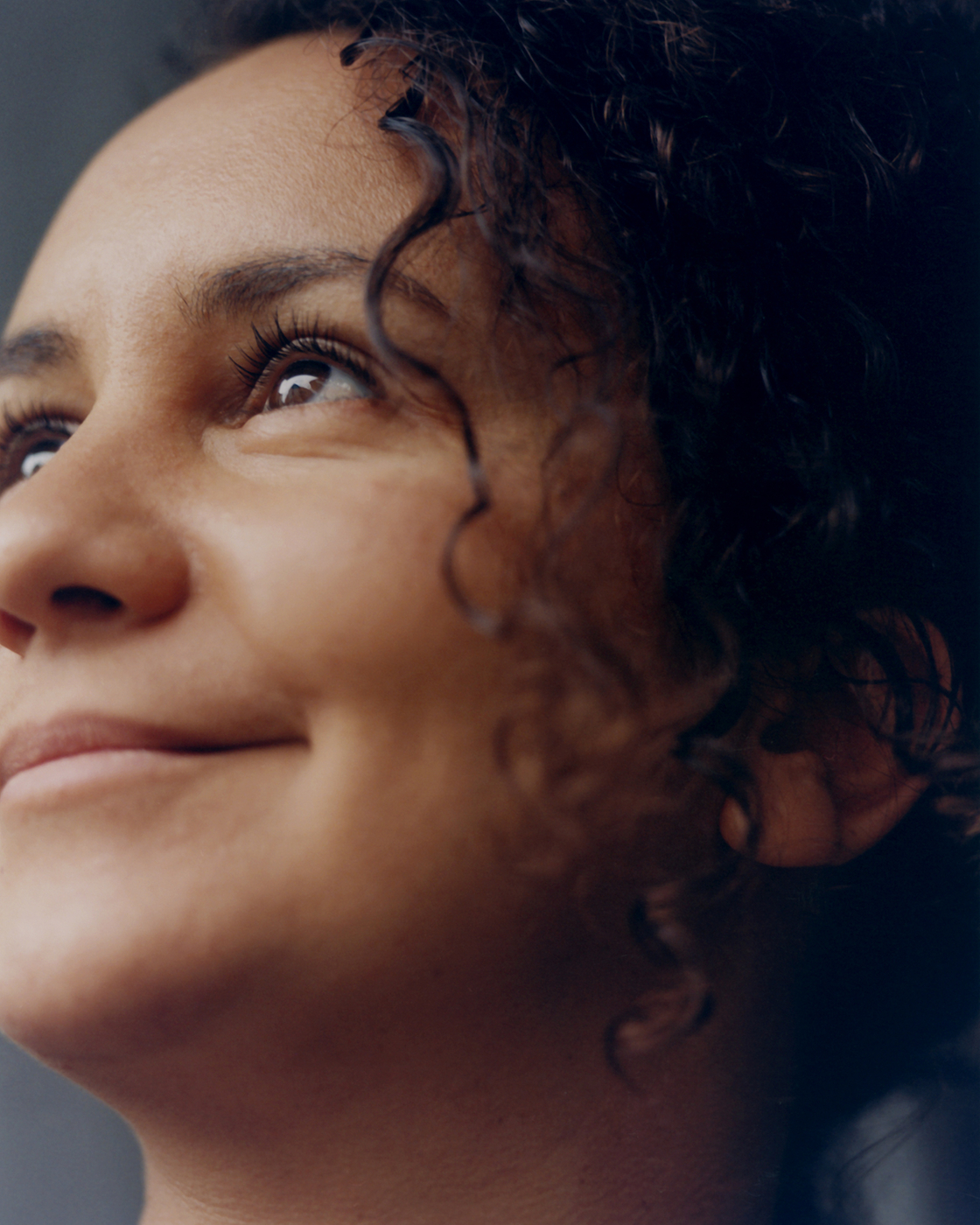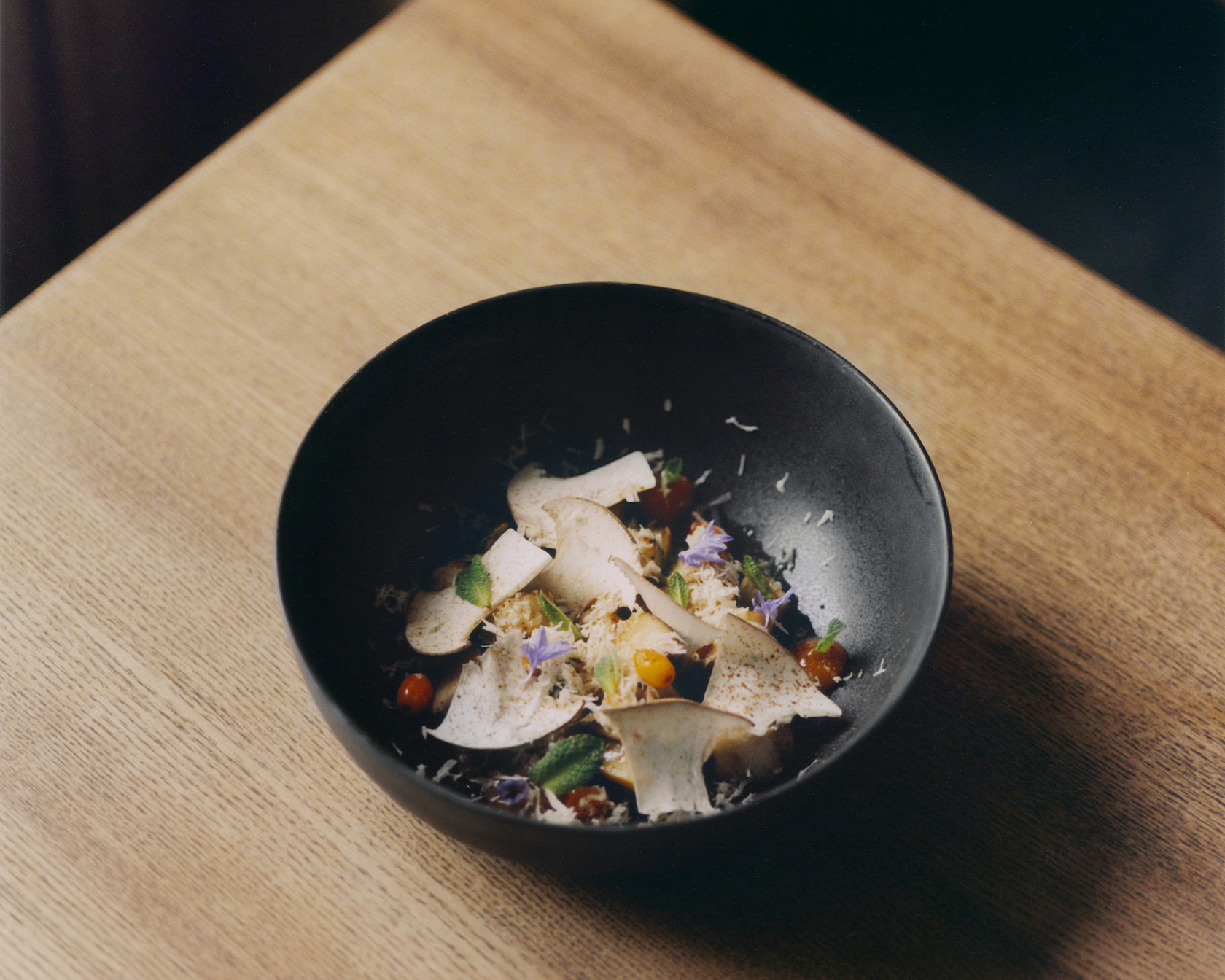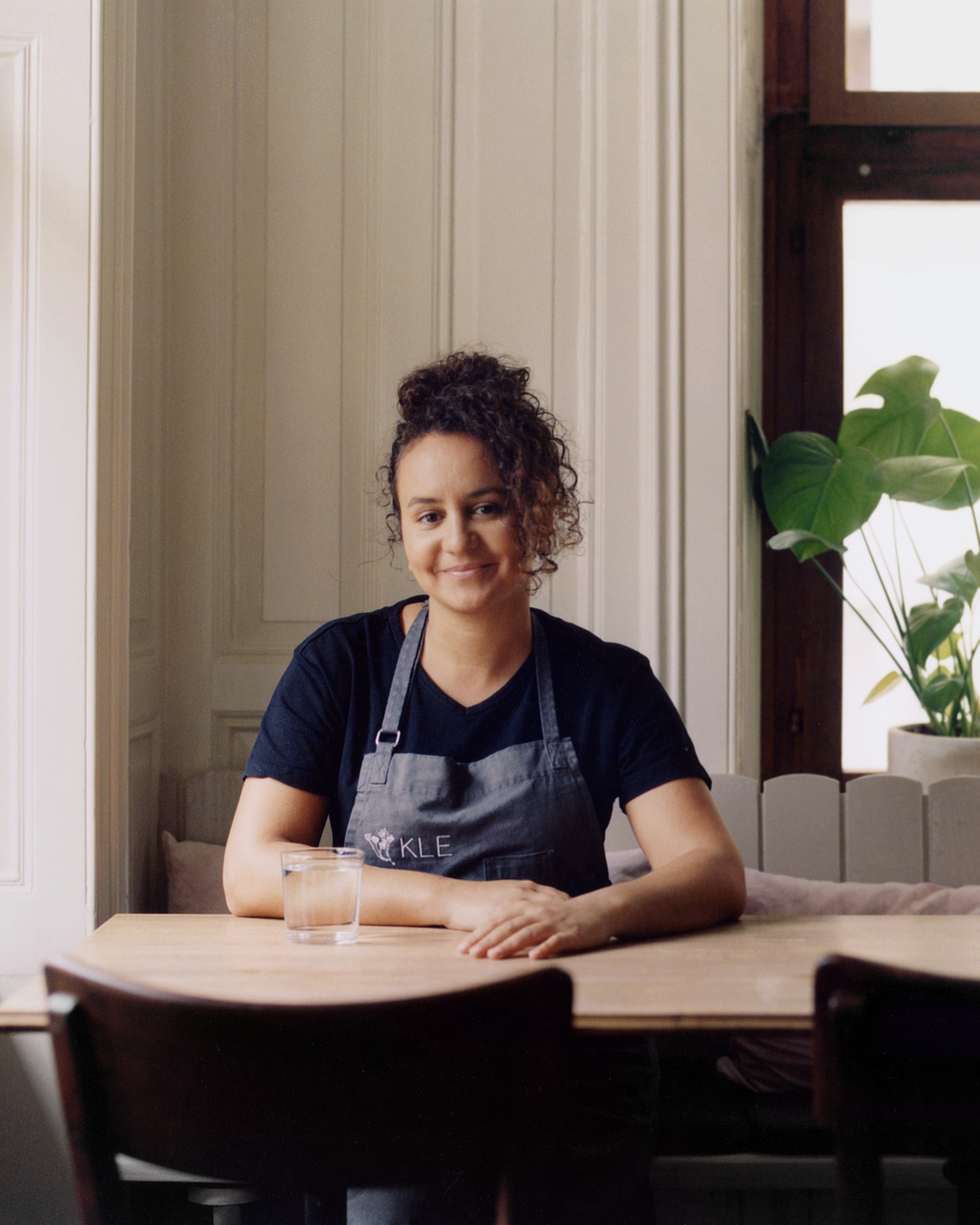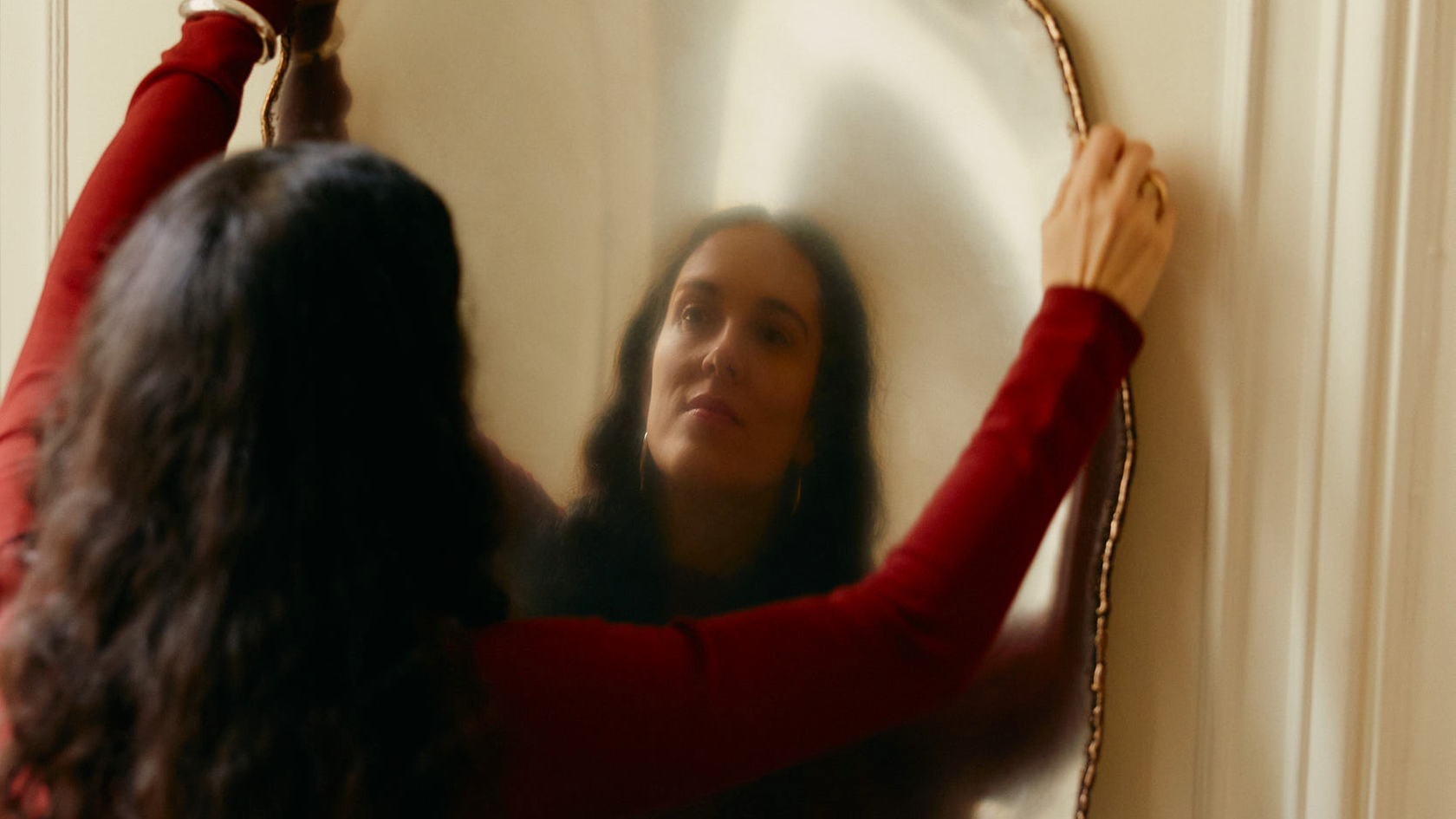Hi Zizi. What’s on the menu today?
Every day we have seasonal vegetables. At the moment we have beets, carrots, potatoes and cabbage. All of this survives winter in Switzerland. It’s good for creativity.
How did you decide to stick to regional food?
We could fly in anything from around the world—passion fruit, pineapples— but choose not to. I really like to know who grows our products. Some of our suppliers we’ve known for a long time, others get recommended by someone we trust, others knock at our door to show us what they have. Then there’s Alessandro, my sous-chef, who enjoys going on long bike rides: sometimes he sees a farm somewhere, stops to have a look and ends up making a connection.
You and your partners opened Kle in January 2020, right before the beginning of the pandemic in Europe. Did this make things more difficult?
When you make a business plan you don’t expect to have a pandemic. So, yes, it was a shock, but it also gave us the opportunity to figure out what we really wanted to do. Luckily in Switzerland we received a lot of financial support, so we used that time to rework our menu based on the feedback we had received from guests in our first months open. We are quite stable now, but it’s going to take a while before we are really back to normal.
Is it complex to run a vegan restaurant?
Chemically, animal products like sashimi or a steak give a kind of satisfaction that is hard to receive from vegetables alone, so we need to work a bit harder. We were lucky because, since the day we opened, people who have walked into our restaurant have been interested in what we do and surprised to find not just the classic avocado toast on the menu, but things they did not even know were vegan. It was like sharing our philosophy with them.
